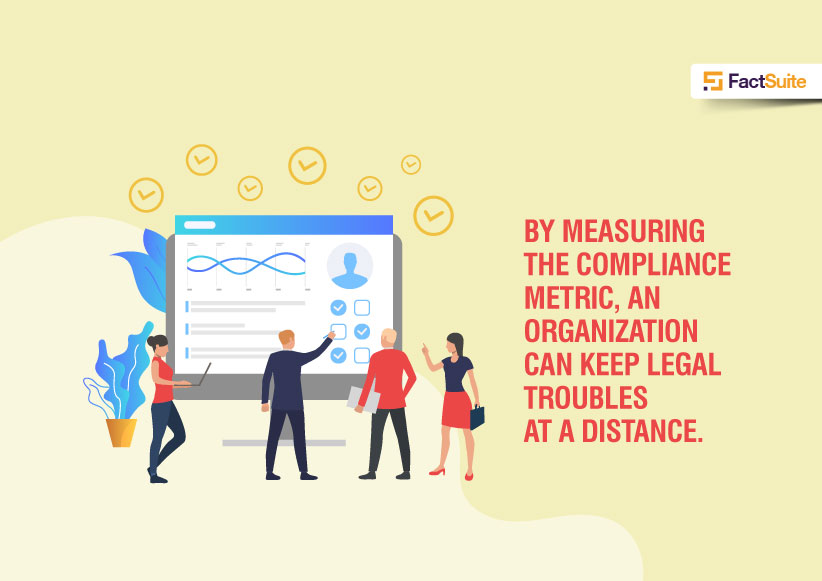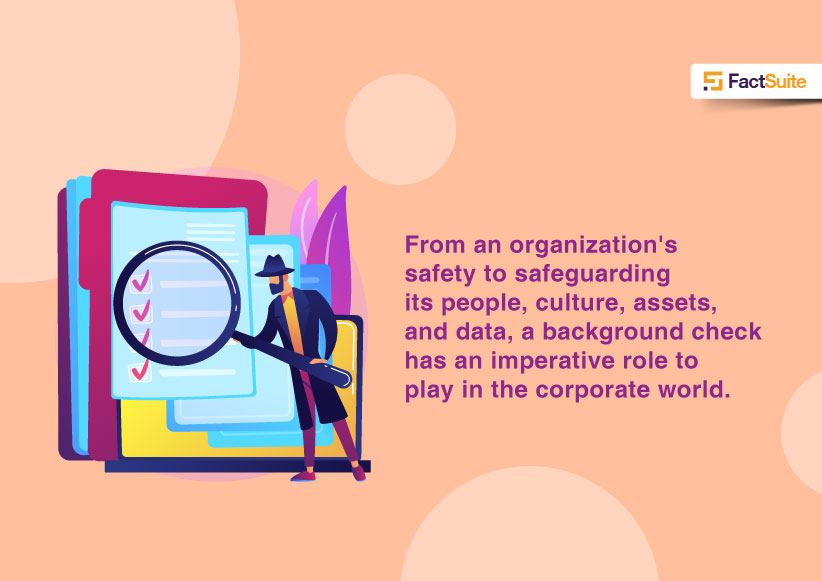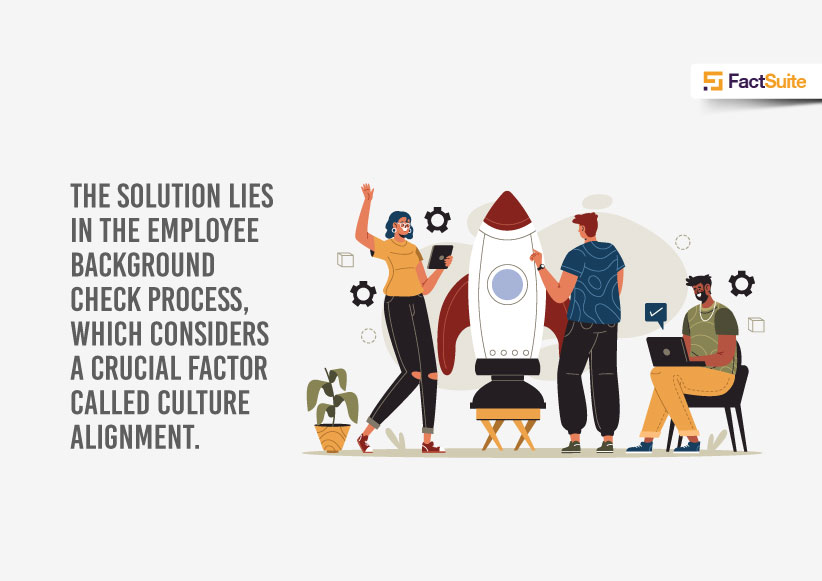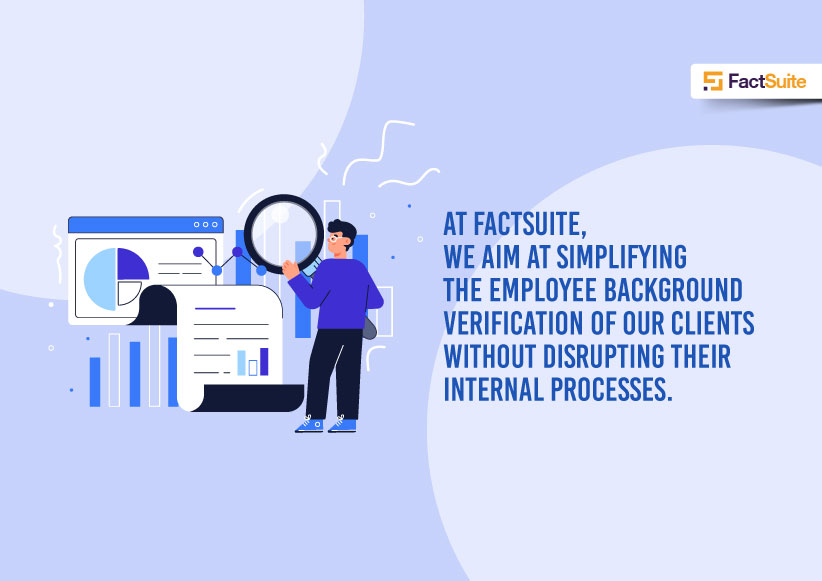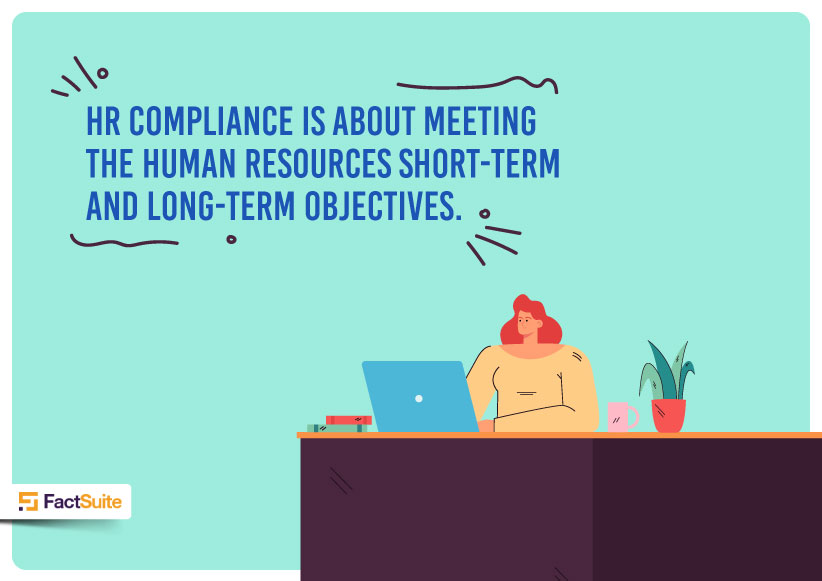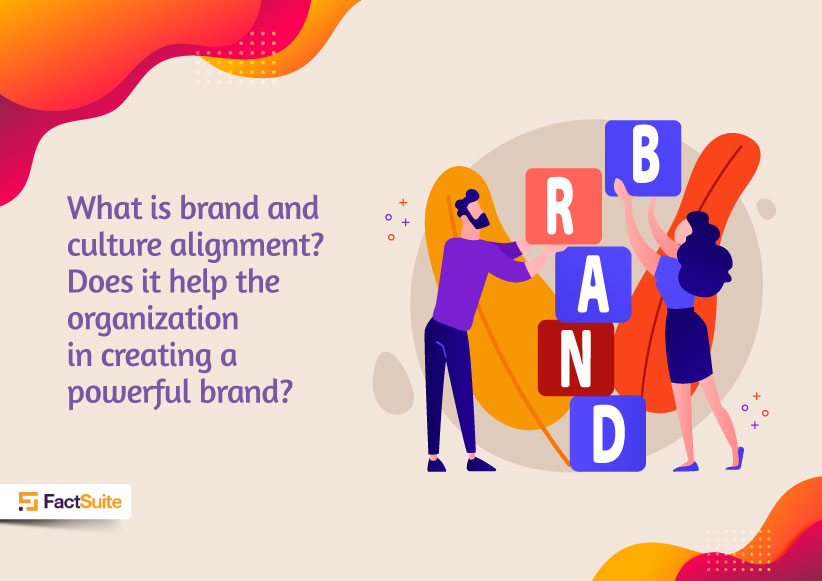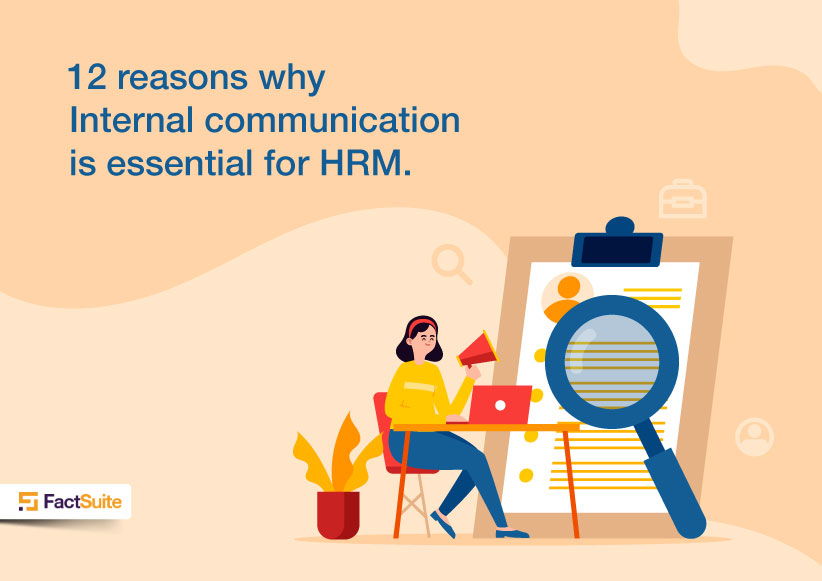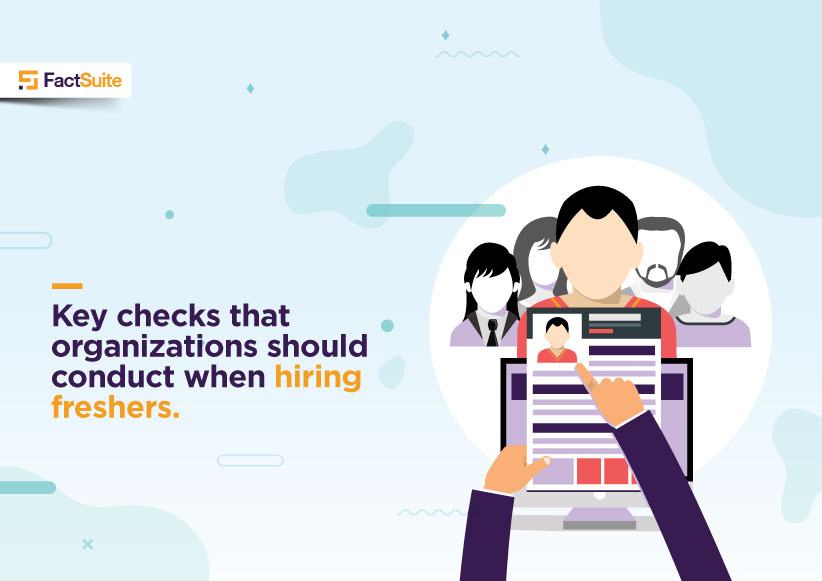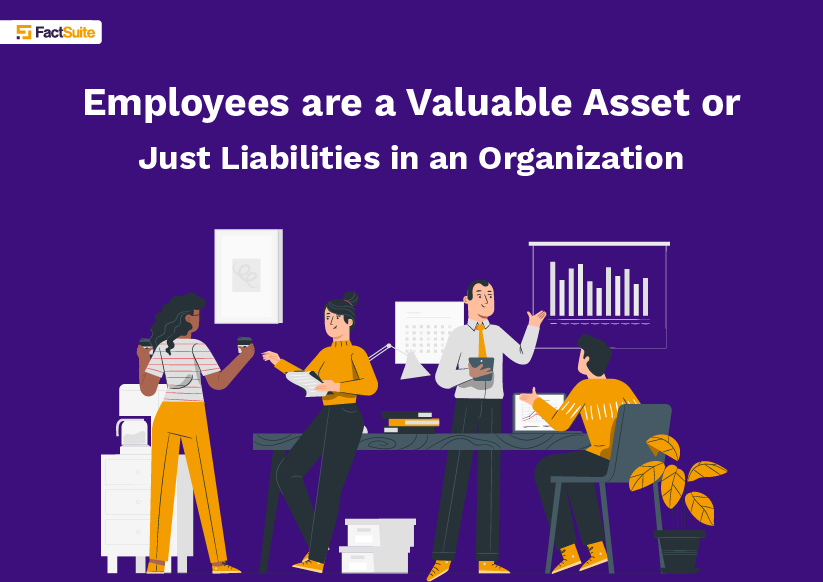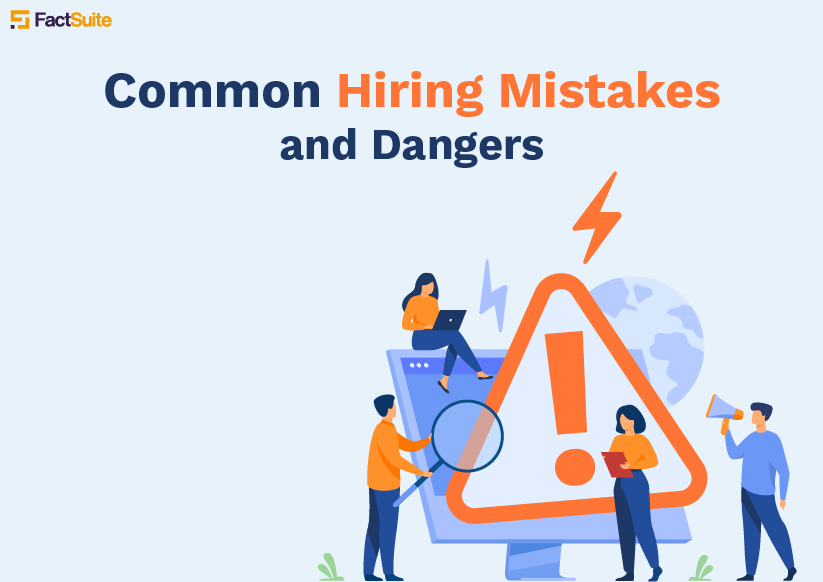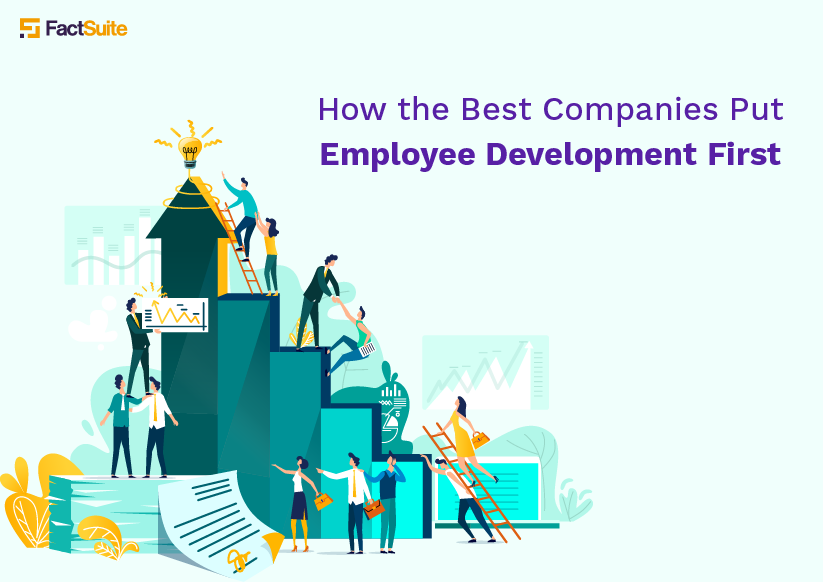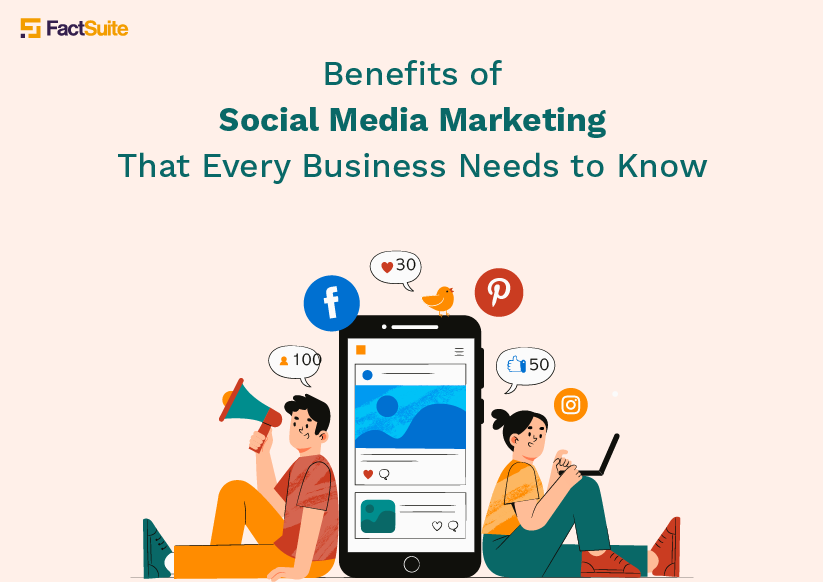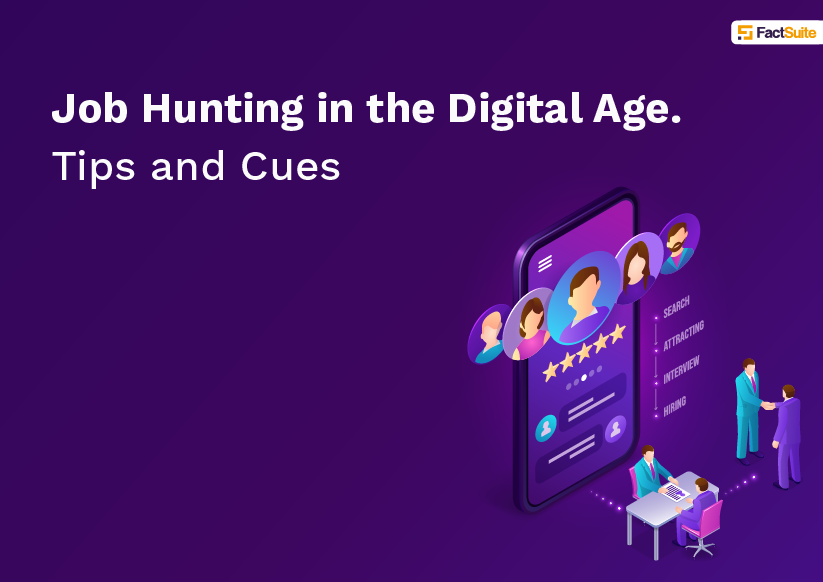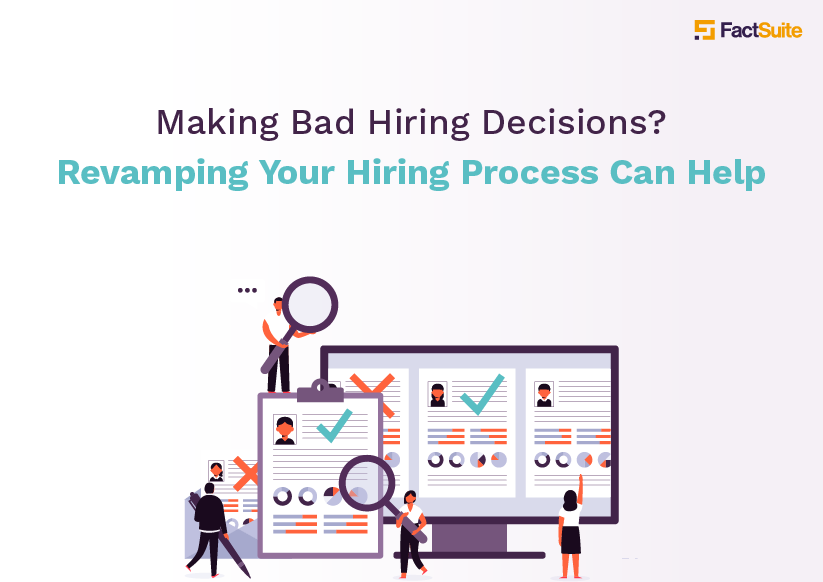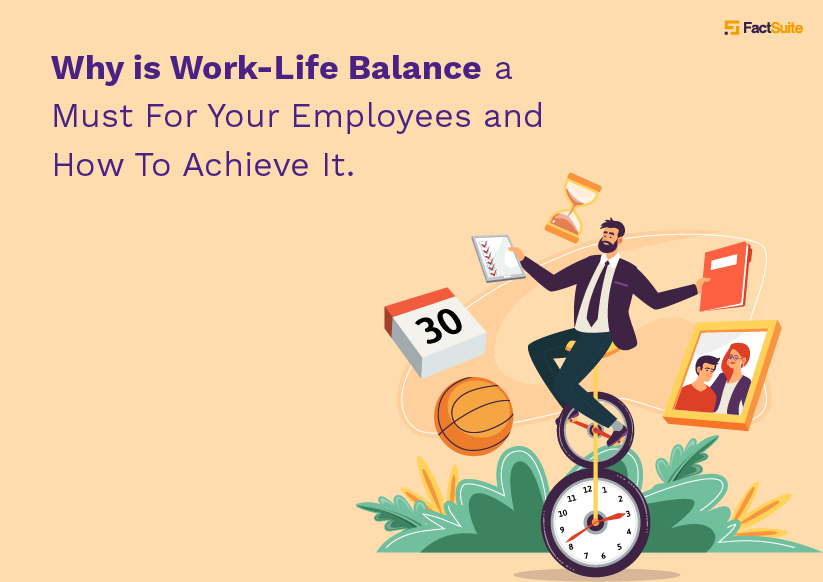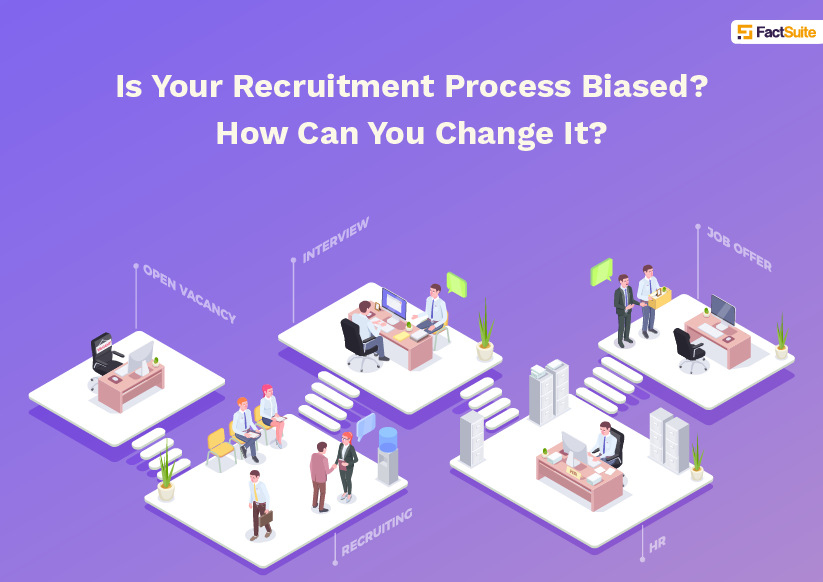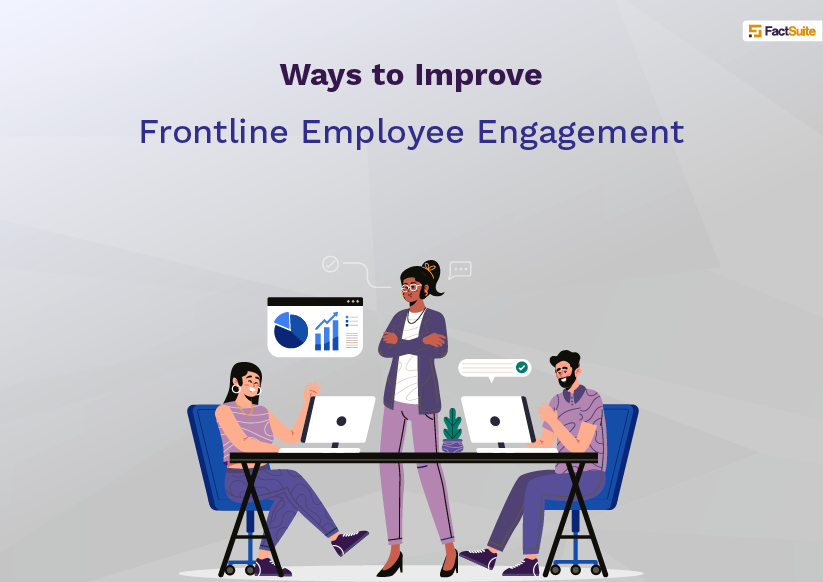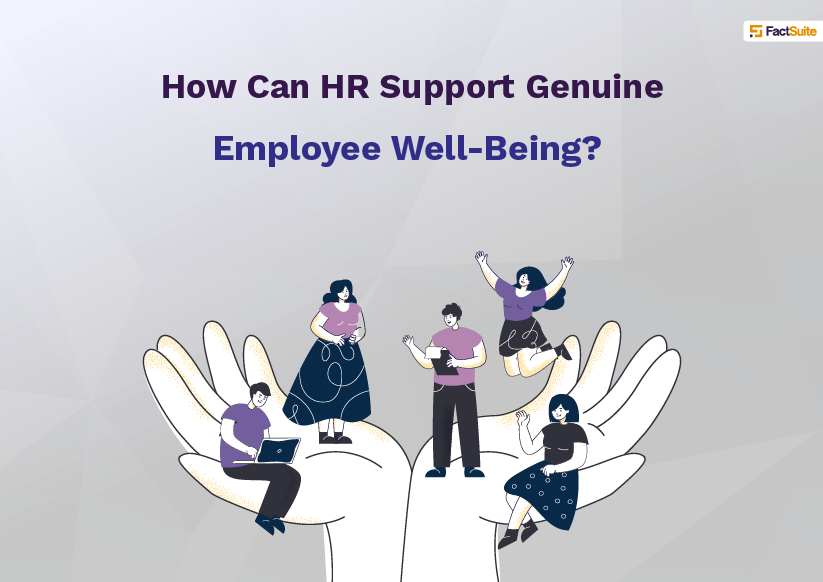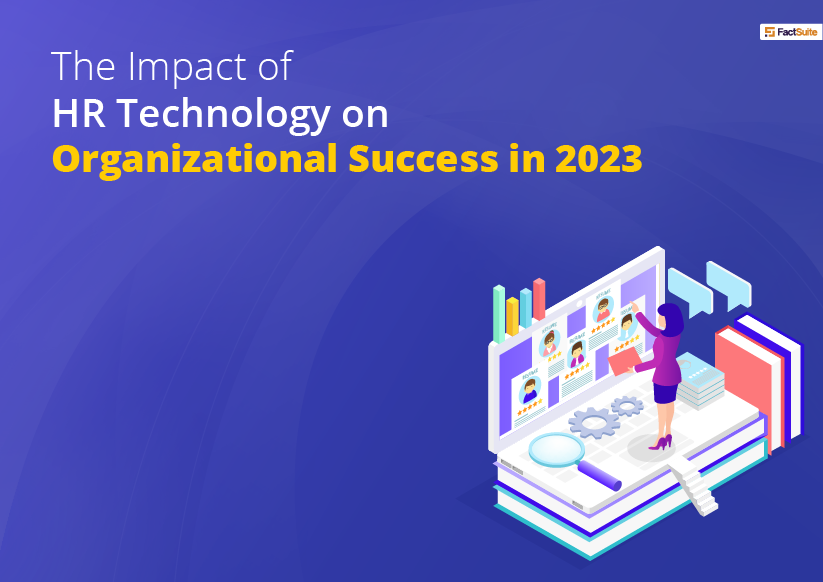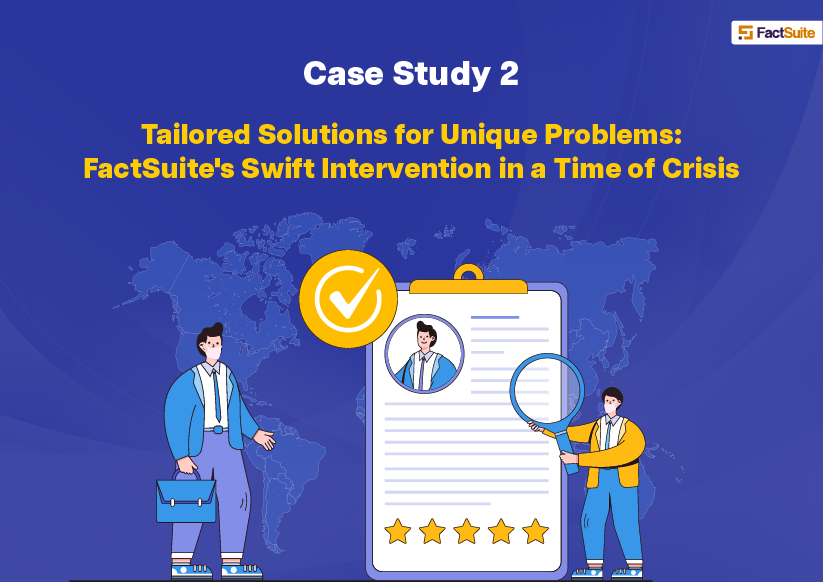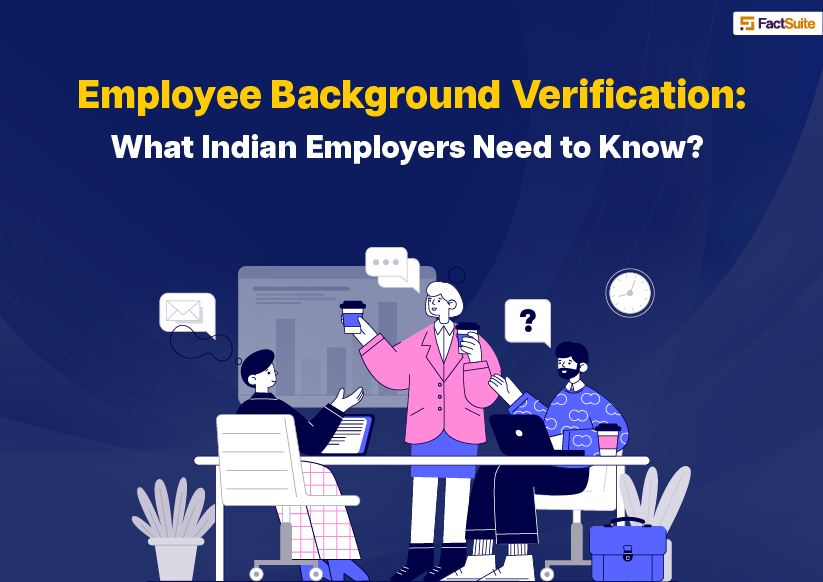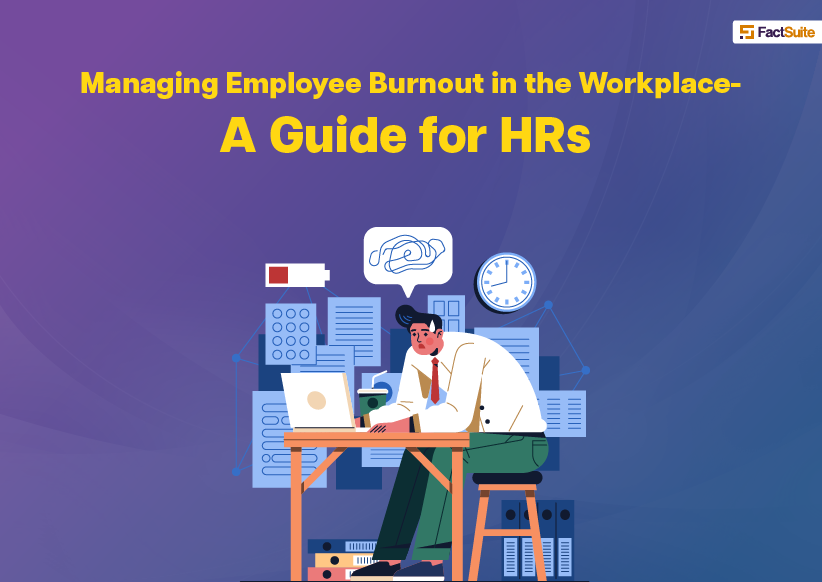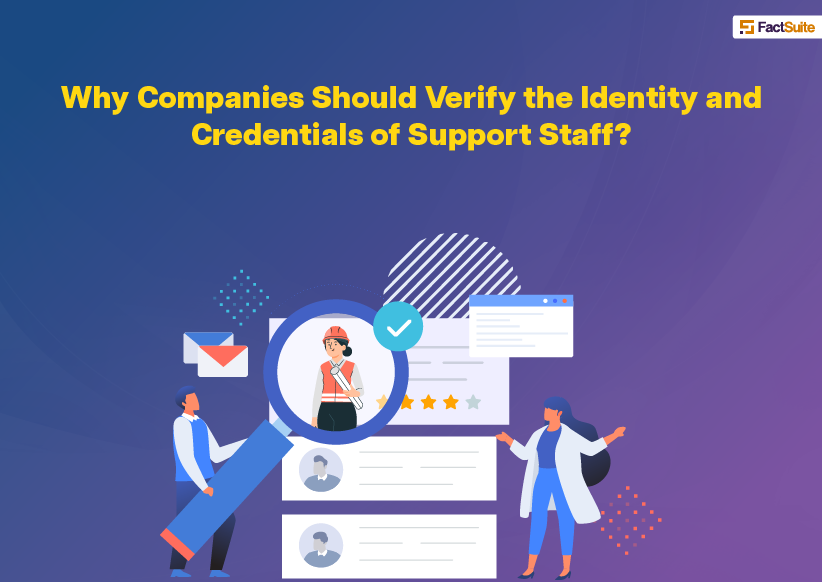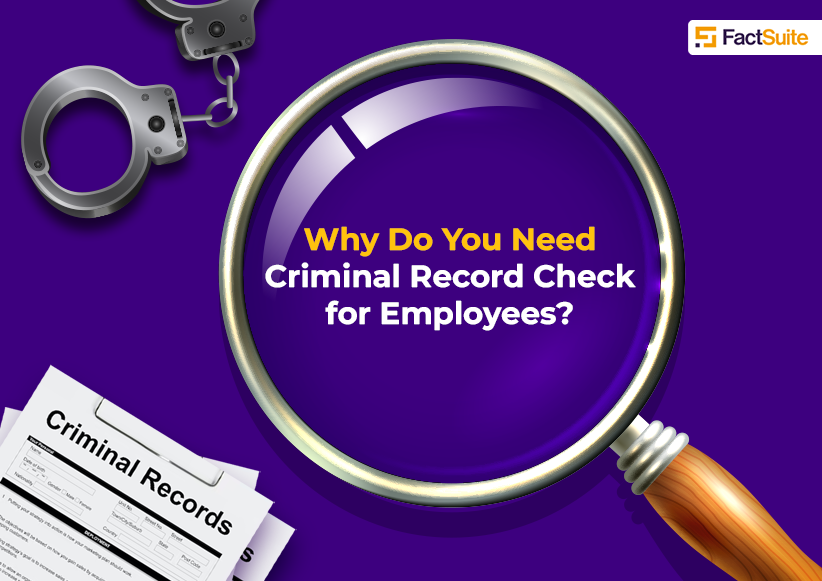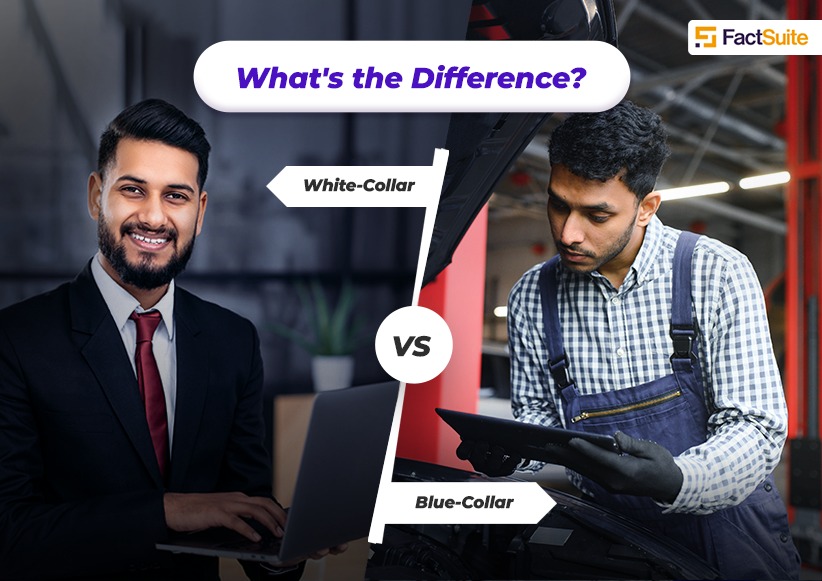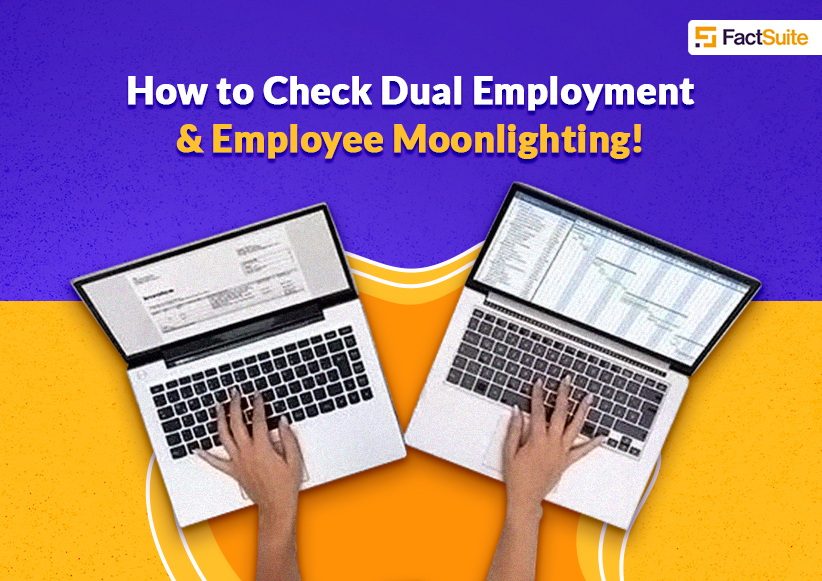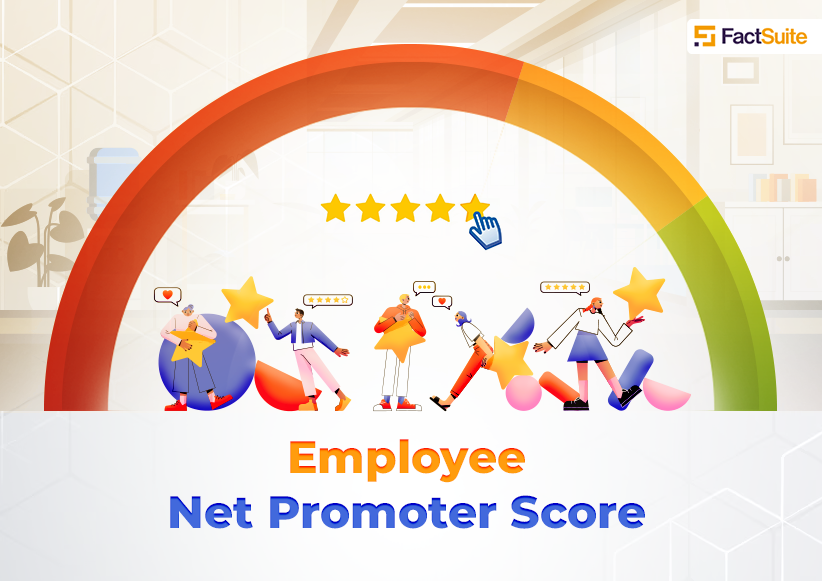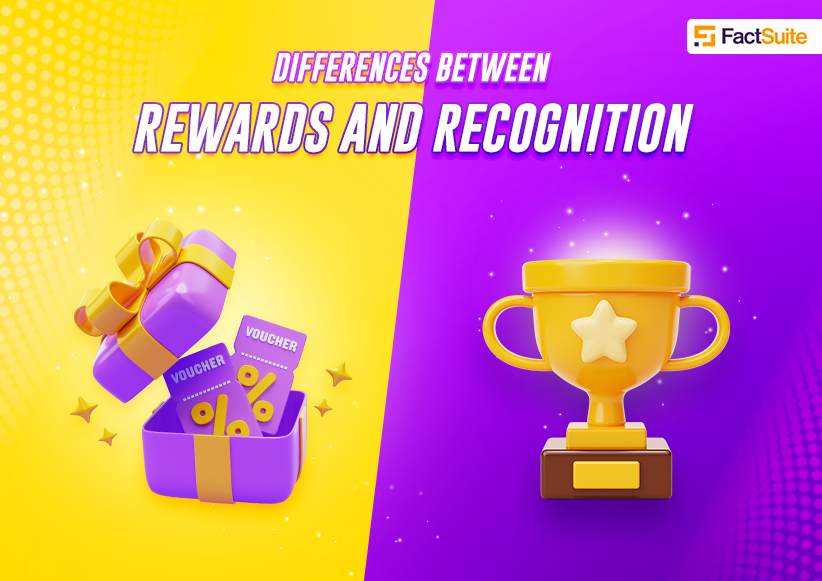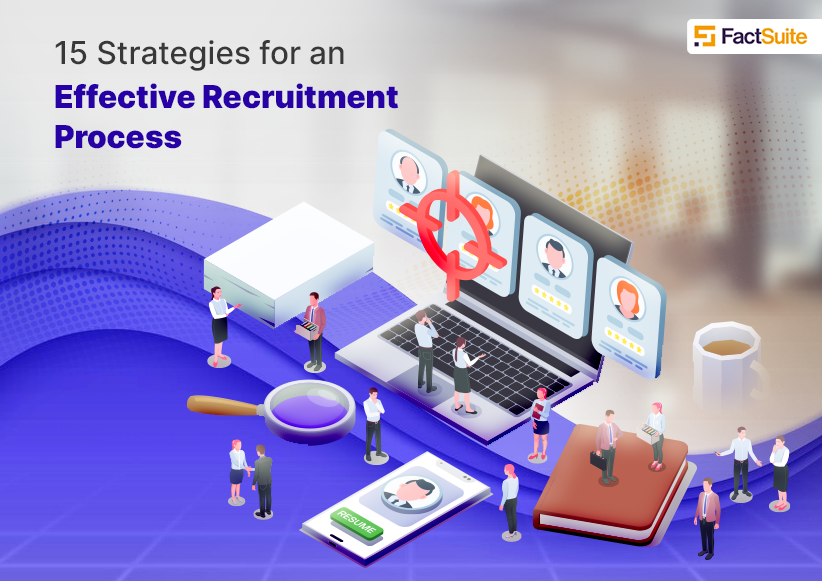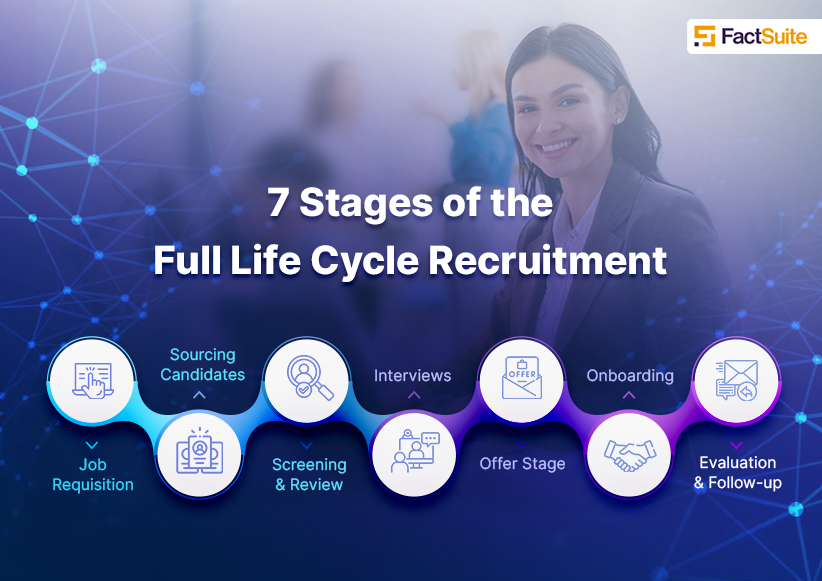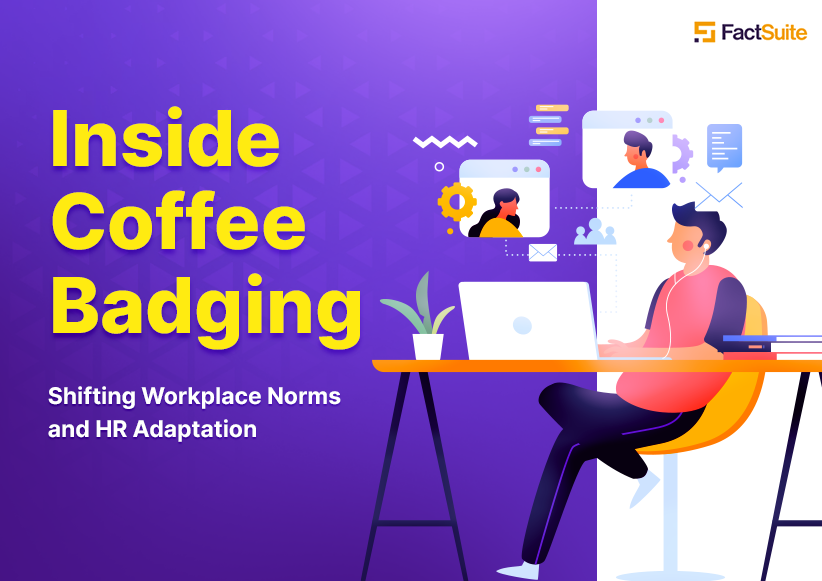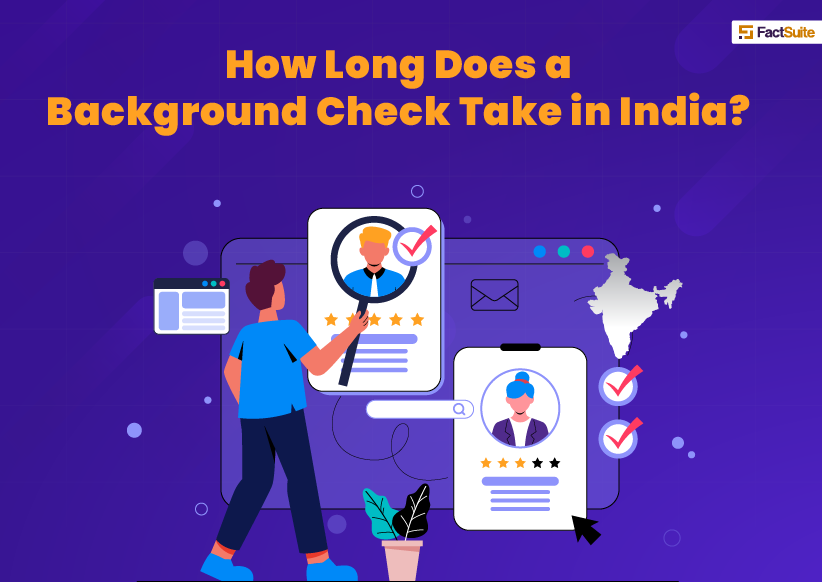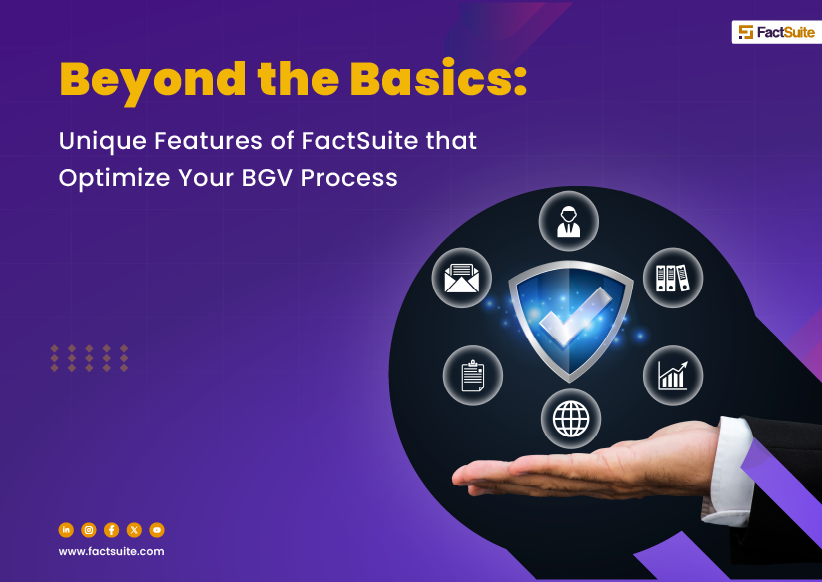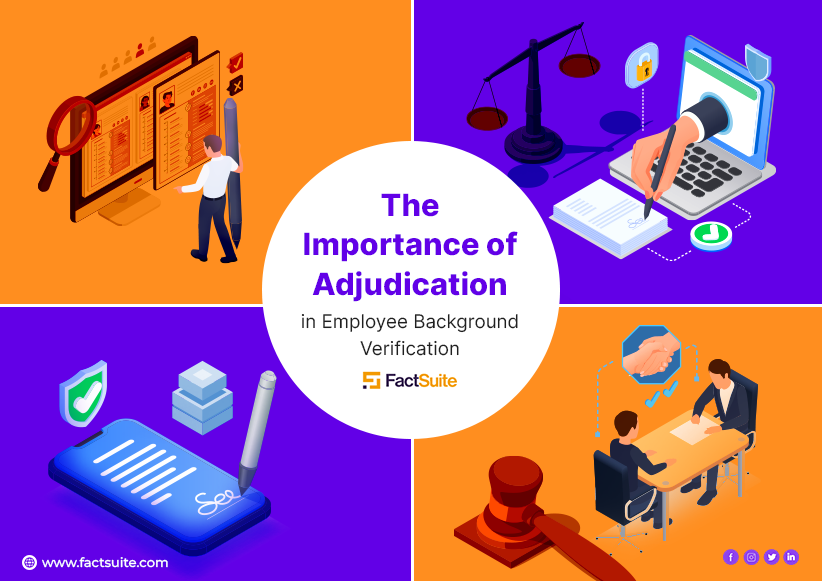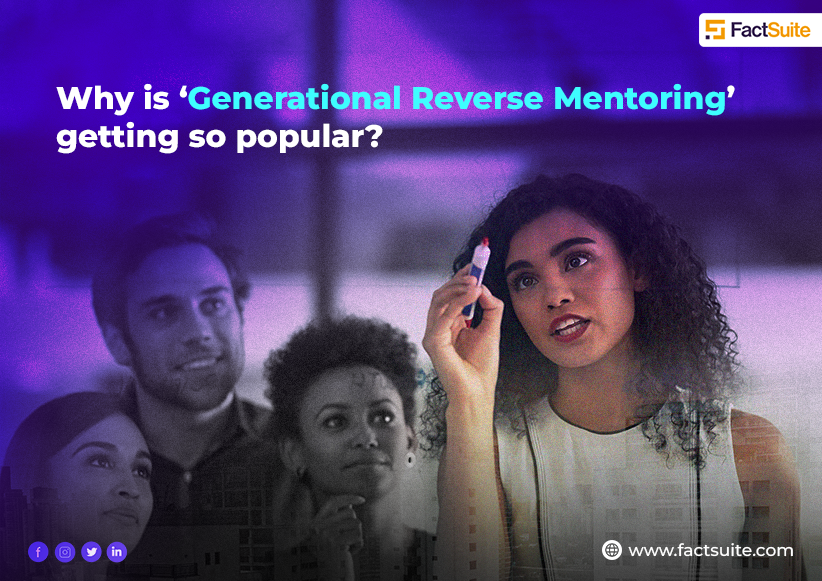10 Reasons Why Employer Branding is Important

Table of Contents
1. What is Employer Branding?
2. Who should be involved in employer branding?
- Human Resources (HR) Professionals
- Marketing and Communications Teams
- Company Leadership and Executives
- Employees
- Here are 10 Reasons Why Employer Branding is Important
- Attraction of Top Talent
- Enhanced Recruitment Efficiency
- Increased Employee Engagement
- Improved Retention Rates
- Positive Business Reputation
- Competitive Advantage
- Enhanced Productivity
- Employee Advocacy
- Cost Savings
- Adaptability to Change
3. How it affects other aspects of the business
- Talent Acquisition and Retention
- Employee Engagement and Productivity
- Customer Perception and Trust
- Marketing and Brand Image
- Corporate Reputation and Stakeholder Confidence
4. FAQs
- What is the purpose of employer branding?
- Why employer branding is more important than ever?
- What are the positive effects of employer branding?
What is Employer Branding?
The Importance of Employer Branding Employer has emerged as a critical facet of modern human resource management, with substantial implications for an organization's success. It encompasses the deliberate cultivation and projection of a company's image as an employer of choice. In the corporate landscape, the Employer Brand Purpose is gaining recognition for its potential to significantly influence revenue, talent acquisition, and overall success. However, it is noteworthy that while a substantial majority of companies recognize the importance of employer brand and reputation, many do not actively monitor its impact. In this discourse, we will delve into the essence of Employer Brand Purpose, backed by compelling statistics, to underscore its far-reaching implications.
Consider the following Statistics Highlighting the Significance of Employer Branding:
- A remarkable 96% of companies acknowledge that employer brand and reputation can exert a profound influence on their revenue, either positively or negatively (careerarc). This staggering statistic underscores the pivotal role employer branding plays in shaping an organization's financial performance.
- A striking 78% of job candidates perceive the overall candidate experience they encounter as a reliable indicator of how a company values its people (Talent Adore). This statistic emphasizes the interplay between employer branding and the candidate experience, highlighting its power to reflect an organization's ethos.
- When deciding where to apply for a job, a substantial 84% of job seekers consider the reputation of a company as an employer to be an important factor (talentnow). This statistic underscores how the perception of an organization as an employer can significantly influence a job seeker's choices.
- An overwhelming 90% of candidates express a willingness to apply for a job from an employer brand that is actively maintained (Workable). This statistic underscores the direct correlation between an organization's proactive efforts in nurturing its employer brand and its ability to attract talent.
- A compelling 50% of candidates reveal that they would not work for a company with a poor reputation as an employer, even if offered a higher salary elsewhere (talentnow). This statistic highlights the extent to which a negative employer brand can deter potential talent, even when financial incentives are on the table.
Who should be involved in employer branding?
Human Resources (HR) Professionals:
HR is at the forefront of any Employer Brand Purpose or employer branding efforts. HR teams are responsible for crafting and implementing employer branding strategies, which include defining the company's culture, values, and employee value proposition. They play a central role in attracting and retaining top talent. Notably, 86% of HR professionals recognize the Importance of Employer Branding as recruitment is becoming increasingly like marketing, underlining the shifting dynamics in talent acquisition (icims).
Marketing and Communications Teams:
Employer branding is, at its core, a marketing exercise. Marketing and communications professionals lend their expertise in crafting and disseminating the employer brand message to both internal and external audiences. They play a critical role in ensuring that the branding efforts align with the organization's overall marketing strategy.
Company Leadership and Executives:
Senior leadership should be actively involved in employer branding, including the CEO and executives. Their commitment to the organization's values and culture sets the tone for the entire workforce. Their involvement in employer branding initiatives can provide authenticity and credibility to the messaging.
Employees:
Current employees are, perhaps, the most potent advocates of the employer brand. Their experiences and testimonials can significantly influence how the company is perceived as an employer. In fact, employees often serve as brand ambassadors, actively participating in employer branding efforts, and sharing their experiences on social media and professional networks.
Here are 10 Reasons Why Employer Branding is Important
-
Attraction of Top Talent
: The Importance of Employer Branding is gauged as it is a powerful magnet for attracting high-caliber candidates. In a world where talent is a coveted resource, a strong employer brand distinguishes a company as a desirable destination for the best and brightest. -
Enhanced Recruitment Efficiency
: A compelling employer brand streamlines the recruitment process. It reduces the time and resources spent on finding suitable candidates, as more individuals are drawn to the organization organically. -
Increased Employee Engagement
: When employees identify with their employer's brand, they are more likely to be engaged and committed. This engagement translates into higher job satisfaction and productivity, ultimately benefiting the organization. -
Improved Retention Rates
: Organizations with strong employer brands tend to have lower turnover rates. Employees who connect with the company's values and culture are less likely to seek opportunities elsewhere. -
Positive Business Reputation
: A robust employer brand extends beyond the workforce and influences how the general public perceives the organization. It can attract not only talent but also customers, partners, and investors who prefer to associate with reputable and ethical businesses. -
Competitive Advantage
: In a crowded marketplace, a unique employer brand sets an organization apart. It communicates why the company is the preferred choice for potential employees, helping it stand out among competitors. -
Enhanced Productivity
: Employees who align with the employer's brand are more motivated and productive. They find meaning in their work, leading to higher job satisfaction and overall performance. -
Employee Advocacy
: Employees who are proud of their employer often become brand ambassadors. They promote the company's values and culture both internally and externally, contributing to a positive brand image. -
Cost Savings
: A strong employer brand can reduce recruitment costs. When a company has a positive reputation, it can fill vacancies more quickly and at a lower cost because job seekers actively seek such opportunities. -
Adaptability to Change
: Employees who deeply connect with the organization's purpose and values are more adaptable to change, a critical trait in today's rapidly evolving business landscape.
How it affects other aspects of the business
Employer branding, often regarded as a human resources initiative, holds a profound and interconnected influence on various aspects of an organization's business operations. In this comprehensive discussion, we'll explore how employer branding extends its impact beyond HR, touching upon key business facets and elucidating its significance in each domain.
-
Talent Acquisition and Retention
: At its core, employer branding revolves around attracting and retaining top talent. A strong employer brand positions the organization as an attractive employer of choice. This not only fills critical job roles more efficiently but also reduces turnover rates, resulting in cost savings associated with recruitment and training. -
Employee Engagement and Productivity
: Employees who identify with and believe in the employer brand tend to be more engaged. They connect with the company's values and culture, leading to higher job satisfaction and productivity. Engaged employees are an invaluable asset in driving business success. -
Customer Perception and Trust
: Employer branding benefits companies as a positive employer brand influences how customers perceive the organization. Companies with a strong reputation as an employer are often viewed as more trustworthy and ethical, which can enhance customer loyalty and attract new clients. -
Marketing and Brand Image
: Employer branding is closely intertwined with the organization's overall brand image. A compelling employer brand can be leveraged in marketing efforts, showcasing the company as a great place to work. This synergy reinforces the organization's external image and differentiates it from competitors. -
Corporate Reputation and Stakeholder Confidence
: Employer branding benefits by contributing to an enhanced corporate reputation. This, in turn, fosters confidence among stakeholders, including investors, partners, and suppliers. A positive reputation as an employer signals a well-managed and socially responsible organization.
FAQS
1. What is the Purpose of Employee Branding?
The purpose of employee branding is to showcase the unique skills and contributions of individuals within an organization. It aims to elevate their value, boost morale, encourage advocacy, and foster a collaborative work culture.
2. Why is Employer Branding More Important Than Ever?
Employer branding is crucial today due to:
- Increasing talent scarcity.
- Social media transparency.
- Preferences of Millennial and Gen Z workers.
- Evolving remote and hybrid work trends.
- Economic impact through cost savings.
3. What Are the Positive Effects of Employer Branding?
Employer branding benefits in ways like:
- Attracting top talent.
- Improving employee retention.
- Enhancing productivity.
- Building a positive corporate reputation.
- Realizing cost savings.
- Increasing organizational agility.

